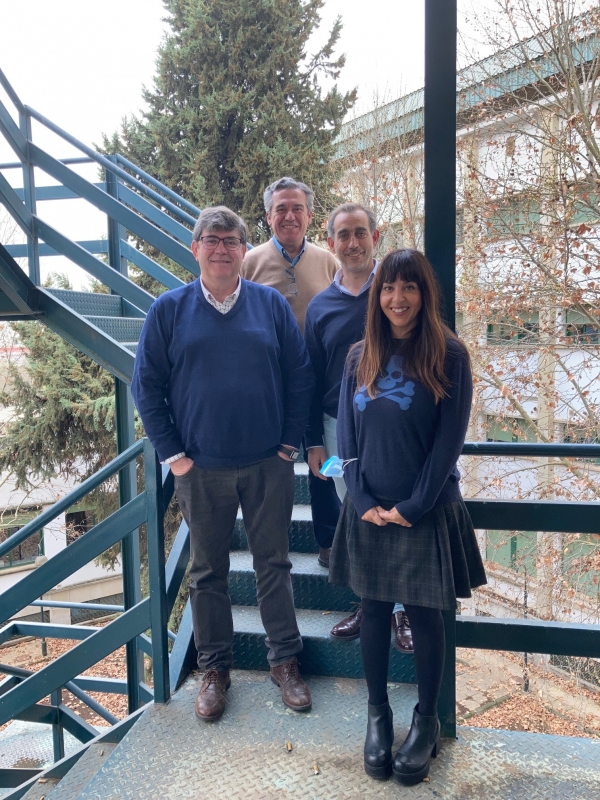A research team at the University of Córdoba is working on the design of courses to facilitate the application of new technologies to agriculture. Today it is increasingly common to talk about the digitalization of the productive sectors, particularly agriculture. However, training resources and tangible data for crop monitoring are scarce, or are targeted at highly skilled personnel.
Europe's HIBA project came about in response to the lack of digital training in crop management and to offer easy-to-use materials and resources so that anyone interested in the agriculture sector can experiment with technology applied to it. Portugal and Spain are the countries that are implementing this project, through the Universities of Algarve, Evora, and the UCO, in addition to public and private organizations and agricultural cooperatives.
The Cordovan institution is responsible for coordinating this activity, for which video tutorials are being designed at three levels of training: basic, intermediate and advanced. The basic level will be aimed at the general public, above all farmers, so that they know the potential that digitalization has as regards the management and administration of crops. The other two levels will be directed at technicians and specialized personnel.
The contents will focus on the use of sensors to measure soil, plant and climate parameters, providing real-time information on soil moisture, as well as controlling and scheduling crop irrigation, etc. In addition, data will be provided from broad-spectrum sensors on Unmanned Aerial Vehicles (UAVs), and from the European Union's Copernicus Earth observation program. In addition, tutorials on robotics will be created to program land vehicles with low-cost technology through the design of small prototypes. Thus, digital skills will be acquired, from data capture to its transformation into valuable information. These courses will be complemented by the organization of workshops where all these technologies will be shown.
The coordinator of the project in Cordoba, Francisco Javier Mesas Carrascosa, explained that the training will be rounded out by the designing of a virtual assistant whose mission will be to answer the questions the course students may have. "This project will make it possible to expose farmers and technicians to the use of these tools and technologies, being able to use them in the management of their crops through the training received," the researcher explained.
In addition, this project will bolster the digitization of the Rabanales experimental farm, which will favor future collaborative efforts on new research projects and, of course, increase the resources to apply to the university's regulated teaching for degrees and master's degrees. There will also be a Living lab serving as a showcase of these technologies applied to agriculture.
The UCO research group participating in this project is comprised of about 20 researchers, from the departments of Animal Production, Rural Engineering, Agronomy and Graphic and Geomatic Engineering.
The "HIBA - Hub Iberia Agrotech: creación de un ecosistema plurirregional para la agrodigitalización a través de los Digital Innovation Hub (DIH)" (Ref. 0762_HIBA_6_E) project is financed by the European Union through the Interreg VA Spain-Portugal (POCTEP) Programme.


